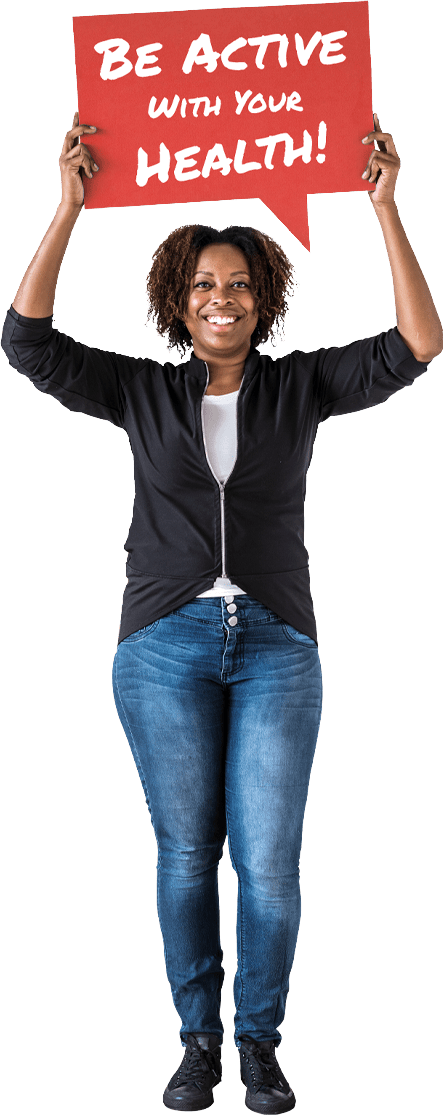FAQs about Acupuncture treatment
Although thousands of people utilise acupuncture treatments each year, it does not mean that everyone knows what traditional acupuncture is and what to expect during their treatment. We have answered some of the common questions patients might have when considering acupuncture.
Traditional acupuncture is a healthcare system based on ancient principles which go back nearly two thousand years. It has a very positive model of good health and function, and looks at pain and illness as signs that the body is out of balance. The overall aim of acupuncture treatment, then, is to restore the body’s equilibrium. What makes this system so uniquely suited to modern life is that physical, emotional and mental wellbeing are seen as interdependent, and reflect what many people perceive as the connection between the different aspects their lives.
Based on traditional belief, acupuncturists are trained to use subtle diagnostic techniques that have been developed and refined for centuries. The focus is on the individual, not their illness, and all the symptoms are seen in relation to each other. Each patient is unique; two people with the same western diagnosis may well receive different acupuncture treatments.
Traditional acupuncturists believe that the underlying principle of treatment is that illness and pain occur when the body’s qi, or vital energy, cannot flow freely. There can be many reasons for this; emotional and physical stress, poor nutrition, infection or injury are among the most common. By inserting ultra-fine sterile needles into specific acupuncture points, a traditional acupuncturist seeks to re-establish the free flow of qi to restore balance and trigger the body’s natural healing response.
Acupuncture is one of the safest medical treatments, both conventional and complementary, on offer in the UK. Two surveys conducted independently of each other and published in the British Medical Journal in 2001 concluded that the risk of a serious adverse reaction to acupuncture is less than 1 in 10,000. This is far less than many orthodox medical treatments.
There are very few side effects from acupuncture when practised by a fully qualified practitioner of traditional acupuncture. Any minor side effects that do occur, such as dizziness or bruising around needle points, are mild and self-correcting.
When you receive treatment from a BAcC registered acupuncturist you can be confident that your wellbeing and safety is at the heart of everything your practitioner does.
During your first visit, your BAcC acupuncturist needs to gain a thorough understanding of your main complaint and your general health and lifestyle. This involves asking questions about your current symptoms and your medical history, as well as such things as your sleeping pattern, your appetite and digestion, and your emotional wellbeing. Women are also asked about their menstrual cycle and any past pregnancies and childbirth.
You might feel that some questions appear unrelated to your condition but the information you give helps your practitioner to form a more complete picture of your health and lifestyle. Your acupuncturist will also take your pulse on both wrists and may examine your tongue and feel for areas of muscular tension or pain.
Based on all the information you have given, the practitioner will make a diagnosis and put together your treatment plan, which may include lifestyle and dietary advice as well as acupuncture. Your practitioner will use very fine single-use pre-sterilised needles to stimulate specific acupuncture points on your body. Because energy meridians range across the whole body, the points used are not necessarily close to where you experience pain or discomfort. For example, if you suffer from headaches needles might be inserted in your foot or hand.
As well as needling acupuncture points, a traditional acupuncturist may use other Chinese medicine techniques such as:
- Moxibustion: heat is applied to an acupuncture point or meridian using moxa (a therapeutic herb) and/or heat lamps to warm and relax muscles and qi
- Electro-acupuncture: the acupuncture needles are stimulated with an electric charge. This is often used with patients dealing with pain.
- Tuina: Chinese therapeutic massage relieves muscle tension, stimulates acupressure points, opens energy meridians and stimulate the flow of qi
- Cupping: glass cups with a vacuum seal are placed on the skin to stimulate blood flow and clear stagnant qi
- Guasha: vigorous rubbing of the skin increases blood flow and clears stagnant qi.
Treatment times vary depending on the individual. On average, once the needles are inserted, they are usually left to rest anywhere from 10 to 30 minutes. This is usually a relaxing time and many fall asleep during this calm period.
The treatment time may be longer if the practitioner needs to utilise points on both your front and back. In those cases, you will receive treatment on one side, be left to rest before turning over to continue treatment.
Most people find acupuncture relaxing and often feel very calm after a treatment. You may feel a little tired or sleepy and should take this into account if you are planning to drive or use heavy machinery straight after your treatment.
You should refrain from vigorous exercise after treatment and, ideally, give yourself a little time to rest. It is also advisable not to drink alcohol for several hours after treatment. Acupuncture has very few side effects and any that do occur are usually mild and self-correcting. Cupping and guasha can sometimes temporarily mark the skin. Such bruising is painless and generally clears within a day or two.
Still have a question? Speak to an expert
Our entire team offer FREE 15 minute consultations. It’s a no obligation opportunity to discuss your problem and learn what treatment is right for you and your problem.
We’ll even recommend other practitioners and treatments if there’s a more effective option available.
Call us today on 01628 626 565 to book a consultation or fill in the form below & we’ll call you back
Receive expert advice from our team.
Call us on 01628 626 565
Our friendly reception team are on hand to make bookings and answer any questions you may have.







